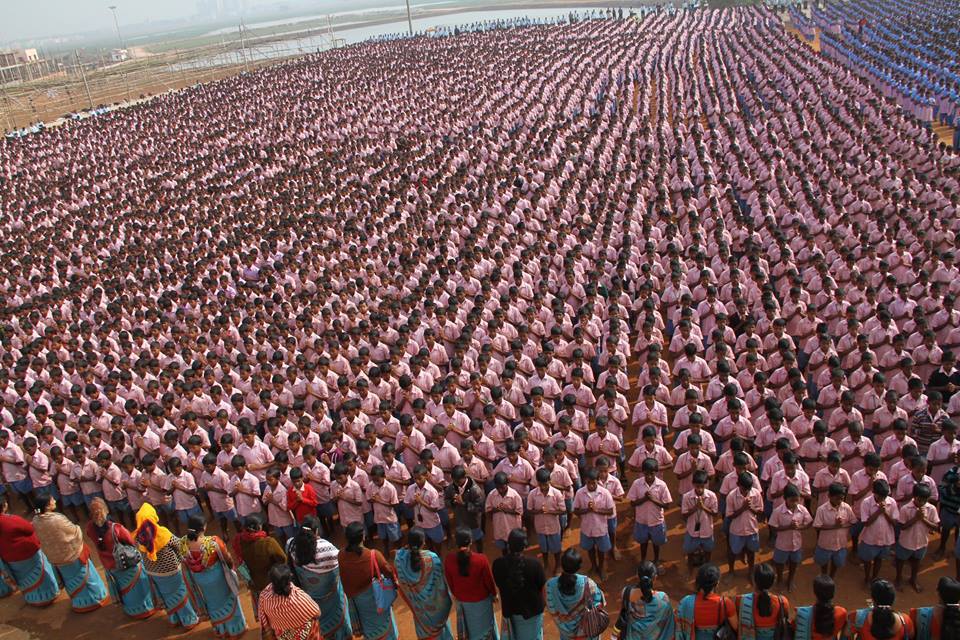In a popular fairy tale, a kiss turns a frog into a prince. Recently, I was fortunate enough to visit Kalinga Institute of Social Sciences (KISS), in Bhubaneswar. Most people have heard of KISS and Achyuta Samanta (the founder of KISS and KIIT), or should have. While there is a KIIT International School, with some international students, the core is the regular KISS school and the associated KISS college for higher education. KISS was started in 1993, with 125 tribal students and some financial support from ministry of tribal affairs. Today, there are 25,000 tribal students, from 62 poor tribal communities (13 primitive tribal groups). Most, though not all, are from Odisha. For these students, who are poor and first-generation learners, education is free, from kindergarten to post-graduation. Since schooling is residential, board, lodging and healthcare are also free. Compared to many schools, private as well as public, the KISS track record is rather good—gender ratio, retention rates, pass percentages, integration of vocational education, sports and extra-curricular activities. More specifically, the school has 19,057 students, 9,044 girls and 10,013 boys. The college has 5,994 students, 3,204 girls and 2,790 boys. As news about KISS spread in the deprived and disadvantaged catchment area (Odisha, Jharkhand, Chhattisgarh), there has been demand for enrolment in KISS. I was told there are around 50,000 applicants, even after filtering for poverty.
Full article from Financial express

